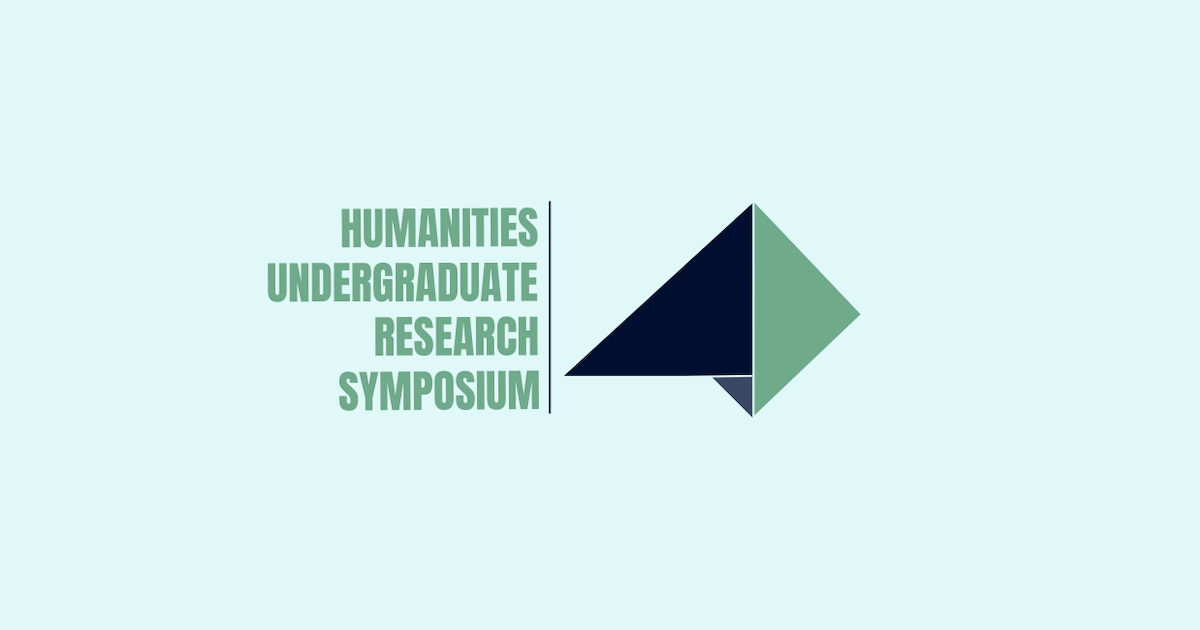As part of our 20th anniversary celebrations, we've checked in with former fellows to gather reflections on their fellowship years, to get an update on their fellowship projects, and to see what they are working on next. Read them all here.
 Paul Bloomfield was a 2007–2008 UCHI faculty fellow and is Professor of Philosophy at the University of Connecticut. He is the author of Moral Reality (2001) and The Virtues of Happiness (2014), the editor of Morality and Self-Interest (2008) and the co-editor of Oxford Handbook for Moral Realism (forthcoming), all on Oxford University Press.
Paul Bloomfield was a 2007–2008 UCHI faculty fellow and is Professor of Philosophy at the University of Connecticut. He is the author of Moral Reality (2001) and The Virtues of Happiness (2014), the editor of Morality and Self-Interest (2008) and the co-editor of Oxford Handbook for Moral Realism (forthcoming), all on Oxford University Press.
What was your fellowship project about?
I work in moral philosophy, broadly construed, and the subject of my UCHI project was the relation of being morally good to living well and being happy. This is, perhaps, the single guiding question of moral philosophy. I argue that all forms of immorality are inherently self-disrespecting, and that self-disrespect and happiness are mutually exclusive. So, the stripped-down argument goes like this:
- Morality is necessary for self-respect
- Self-respect is necessary for happiness
- Therefore, morality is necessary for happiness
What is it to be morally good? I answer this in terms of “the cardinal virtues”: courage, justice, temperance, and wisdom. I defend the view that becoming virtuous gives us everything we need to be as happy as is possible for us, given who we are and the circumstances into which we are born.
Would you give us an update on the project?
The project yielded a number of papers but, as a whole, was published as a monograph in 2014 entitled The Virtues of Happiness: A Theory of the Good Life by Oxford University Press. It has been reviewed in numerous journals and was the subject of an “Author Meets Critics” session at the 2016 American Philosophical Association, Pacific Division Meeting.
How did your fellowship year shape your project, or shape your scholarship in general?
I think what was most useful for me was the way that interacting with my fellow UCHI fellows forced me out of simply speaking to other philosophers and made me develop my views and arguments in ways that are more easily comprehensible to non-specialists. So, the book ended up having less jargon and a slower pace than it would otherwise have had.
Would you share a favorite memory from your time as a UCHI fellow?
I have always tried to keep my writing gender neutral and to avoid gendered pronouns. This is easier in philosophy than one might think, if one sticks to plural subjects (“they” or “people”), and impersonal singular pronouns when needed (“one”). When I presented my work to my fellow fellows, I was very pleased when two of them, Sharon Harris (who subsequently became the second director of UCHI) and Brenda Murphy—both of whom are Professors of English—noticed what I was up to and complimented me on my approach and my writing.
What are you working on now (or next)?
I have two major projects going right now. The first is that I am co-editing with Professor David Copp (UC Davis) The Oxford Handbook of Moral Realism. This will be a start of the art collection of views surrounding the idea that there are metaphysical facts about morality—facts about what is good and bad and right and wrong—and that morality is neither to be “eliminated” or “reduced” to emotions or attitudes or some other non-factual basis.
The other project is a monograph focusing on the cardinal virtues, which I mentioned above.
Our theme for UCHI’s 20th anniversary year is “The Future of Knowledge.” What would you say are some of the challenges facing the future of knowledge? And what do you think is most exciting or promising about the future of knowledge?
I think there are deep and important moral, social, and political implications to how “knowledge” is understood in the future. As we know, currently information and knowledge is being swamped by misinformation and conspiracy theories and, it now seems, the old idea that in the “marketplace of ideas, truth will win out” has been called into question. Unfortunately, I do not think the most promising ideas are terribly exciting. I think the solution begins with a patient search for common dialectical ground with those with whom we disagree, at least those who are open to reason. Then we will need humility to be open-minded with them and we’ll have to be mature enough to compromise in the name of peace and democratic prosperity. The frightening part is how to handle those who will not listen to reason, and there, I’m afraid, I’ve nothing close to a helpful solution: currently, I see no way to reason with people who are unreasonable.
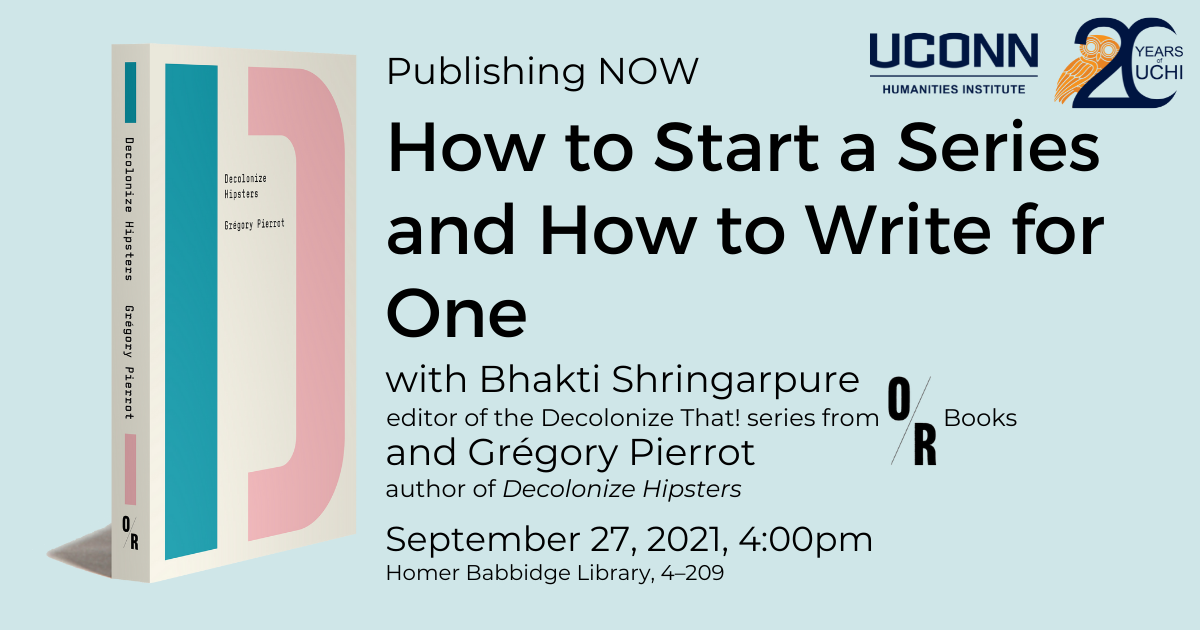
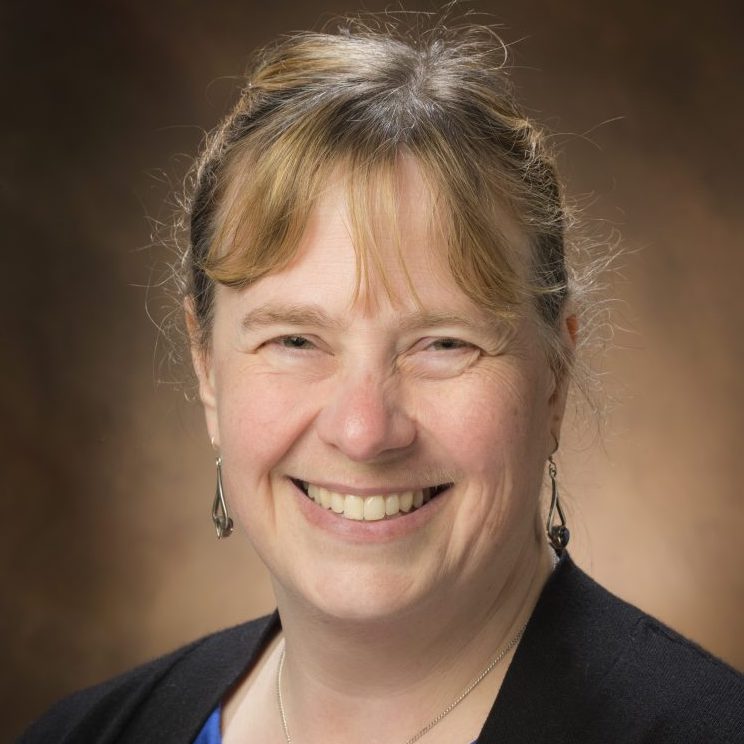 Alea Henle was a 2011–12 dissertation research scholar. A librarian and historian, she is now is Head of Access & Borrow at Miami University. She has a Masters in Library Science from Simmons College and a Ph.D. in History from the University of Connecticut. Over the past years, she’s worked in libraries from Washington, D.C. to Colorado to New Mexico and taught classes in history, librarianship, archives, and records management. Her research interests center on how decisions in libraries, archives, research centers, and commercial database providers increasingly shape the resources available–making materials paradoxically both easier and more difficult to locate.
Alea Henle was a 2011–12 dissertation research scholar. A librarian and historian, she is now is Head of Access & Borrow at Miami University. She has a Masters in Library Science from Simmons College and a Ph.D. in History from the University of Connecticut. Over the past years, she’s worked in libraries from Washington, D.C. to Colorado to New Mexico and taught classes in history, librarianship, archives, and records management. Her research interests center on how decisions in libraries, archives, research centers, and commercial database providers increasingly shape the resources available–making materials paradoxically both easier and more difficult to locate.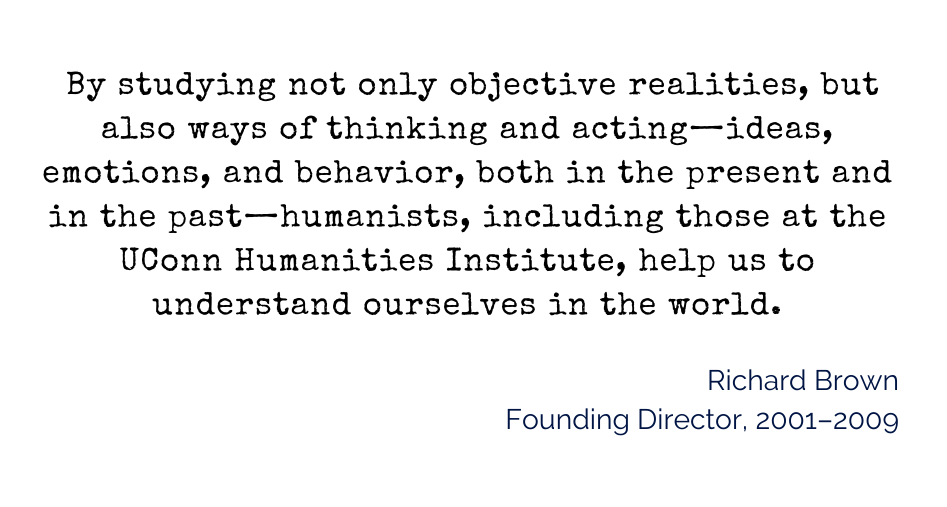
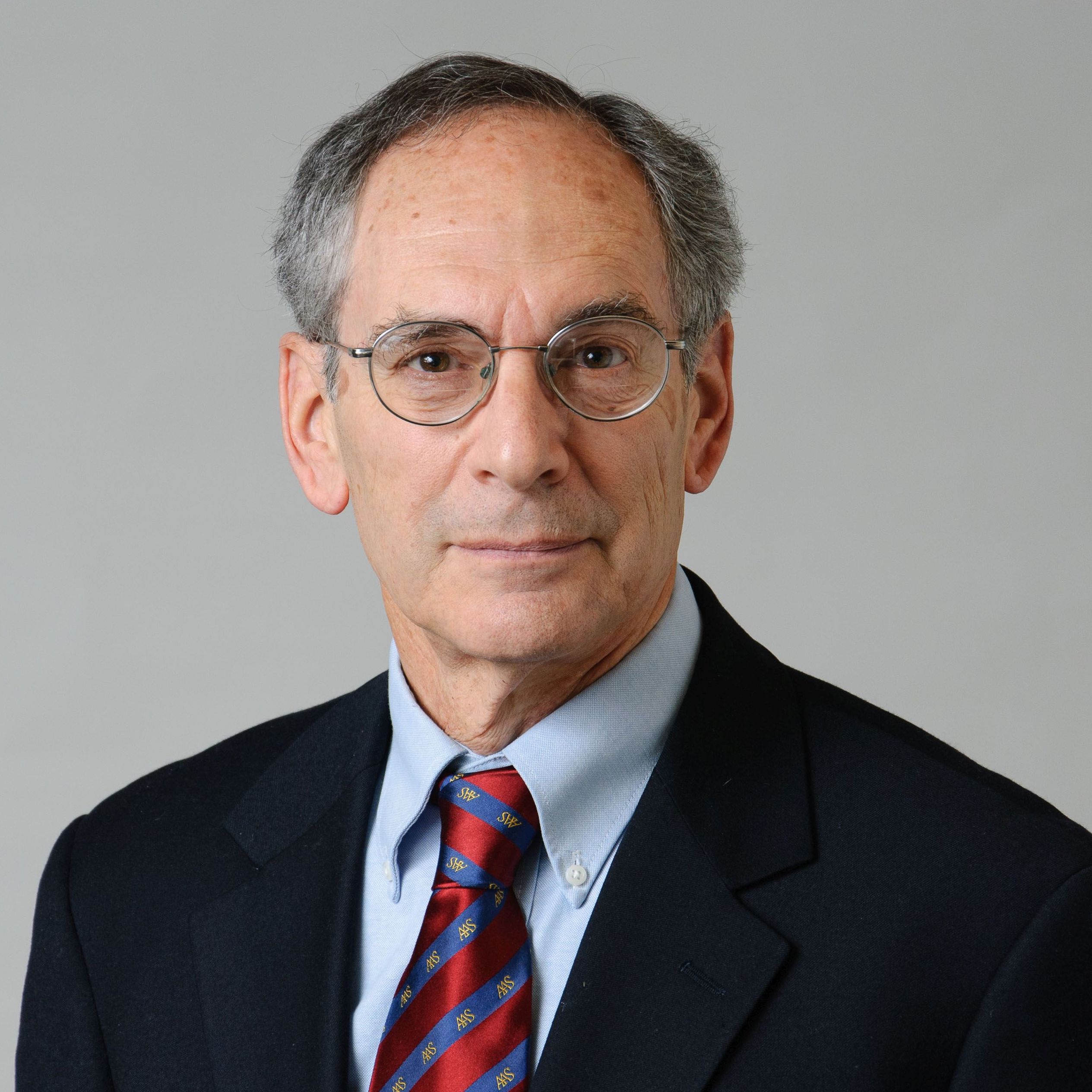
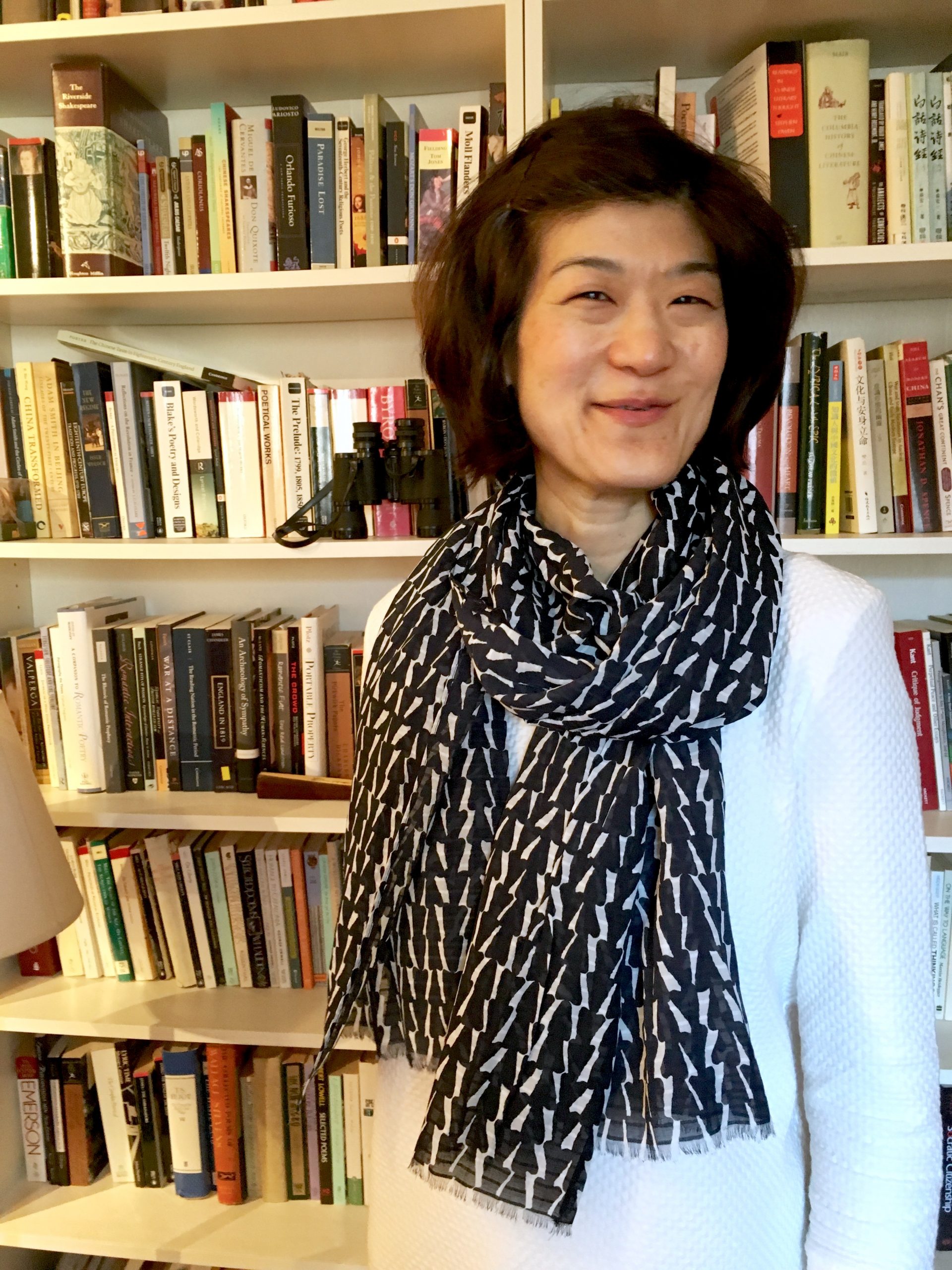 On the Horizon of World Literature compares literary texts from asynchronous periods of incipient literary modernity in different parts of the world: Romantic England and Republican China. These moments were oriented alike by “world literature” as a discursive framework of classifications that connected and re-organized local articulations of literary histories and literary modernities. World literature, in this sense, provided and continues to provide a condition of possibility for conversation between cultures as well as their mutual provincialization.
On the Horizon of World Literature compares literary texts from asynchronous periods of incipient literary modernity in different parts of the world: Romantic England and Republican China. These moments were oriented alike by “world literature” as a discursive framework of classifications that connected and re-organized local articulations of literary histories and literary modernities. World literature, in this sense, provided and continues to provide a condition of possibility for conversation between cultures as well as their mutual provincialization.